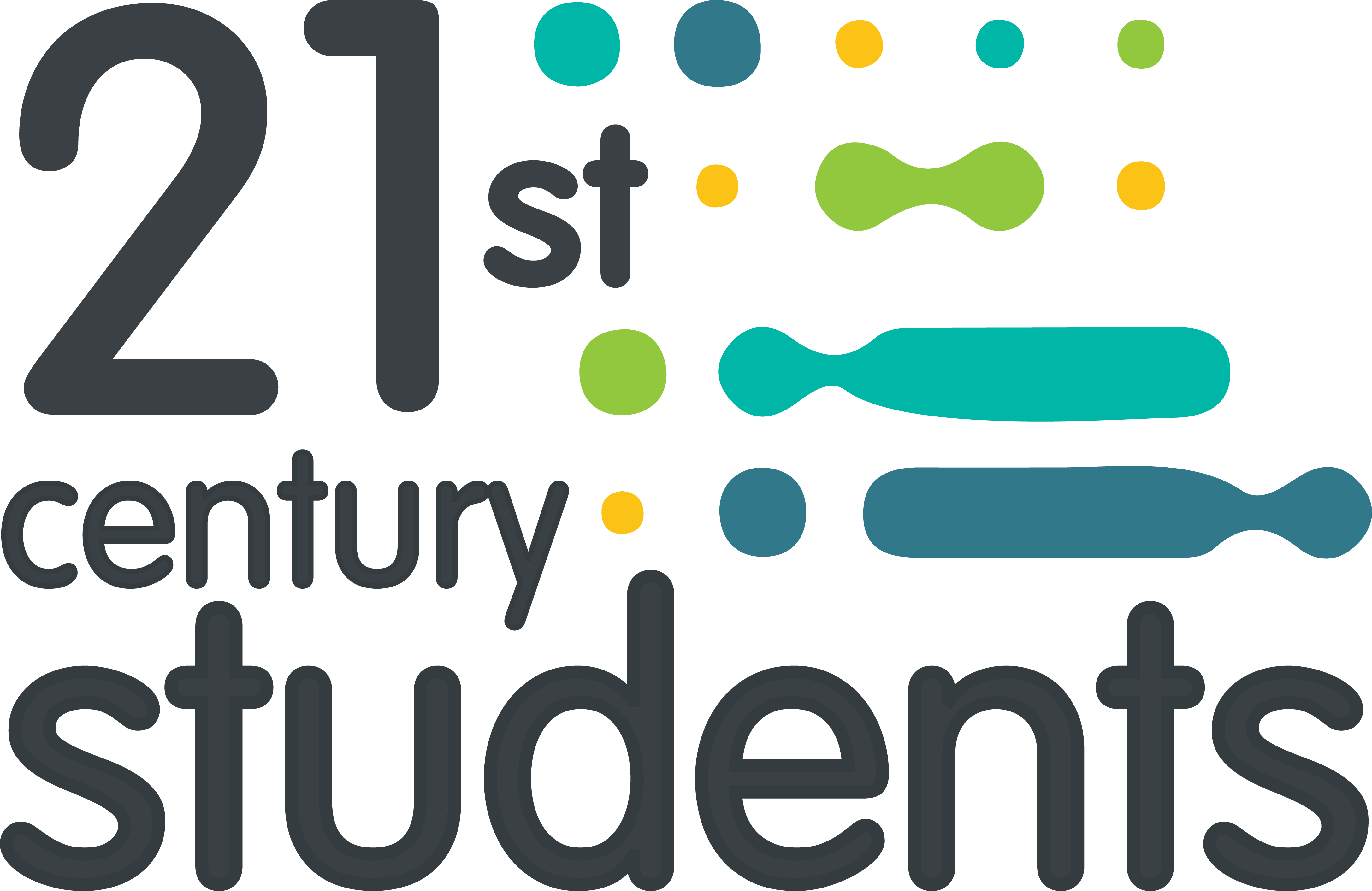Organisations across Europe have embarked on a three-year Erasmus+ KA2 project, ‘21st Century Students’. Partners involved in the project include institutes in the United Kingdom, Greece, Romania, Croatia, Germany and Spain, and the project objective is to promote Digital Manufacturing and Design in Schools.

The project has been brought about due to the growing disconnect between education systems and labour markets, and the realisation that many of today’s children will grow up to work in new jobs that don’t yet exist. ‘Education 4.0’ is an initiative calling for all school’s stakeholders to act in transforming primary & secondary education as a response to Industry 4.0.
The ‘21st Century Students’ project is founded on the premise that students of all abilities can improve their STEM skills through digital manufacturing & design, in order to become ready for the digital-driven world of work.
The project will foster the creativity and innovation skills of pupils through hands-on and technology-based digital manufacturing tools to drive STEM education in non-traditional ways. It will promote teaching experiences that are aligned to the modern workplace, by creating similar environments through the use of technologies and tools that are endemic to Industry 4.0.
The primary target group for the project is key stage 3 (ks3) students (aged 11-14) and their educators. The objectives of the project include creating a transnational network of educators and digital manufacturing experts which promote effective STEM learning in schools; preparing students for the Industry 4.0 revolution; to develop an openly accessible ‘Digital Manufacturing Learning Lab’ to support the effective delivery of DM&D education both within & beyond the classroom; and to strengthen the capacity of all organisations working in schools education to instil quality STEM, enabling them to lead the way in Industry 4.0 education & meet the needs of an increasingly digital manufacturing sector.
Naturally, initial project meeting are taking place over video call, but as this is a three year project it is hoped that travel will be permitted and that interaction can take place between the collaborating institutes.

